Coronavirus: WHO’s relationship with China examined
The UN agency is facing criticism for praising Beijing’s response to deadly outbreak
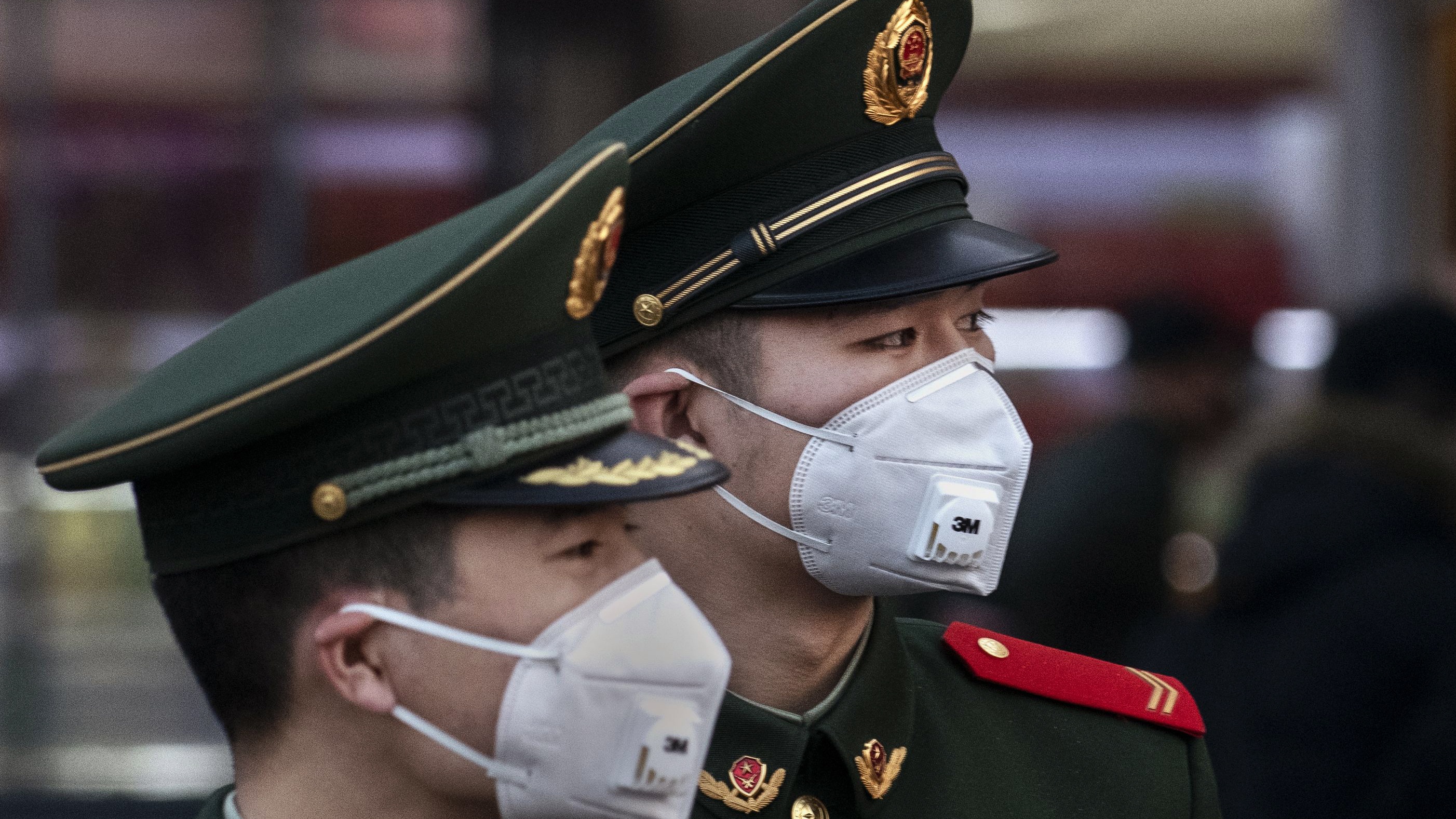
A free daily email with the biggest news stories of the day – and the best features from TheWeek.com
You are now subscribed
Your newsletter sign-up was successful
The World Health Organization (WHO) is under fire after praising the “strong measures” taken by China to prevent the spread of the new coronavirus.
The UN agency’s stance is at odds with that of many health experts who say the Beijing government’s slow reaction has worsened the crisis.
On Tuesday alone, nearly 4,000 new cases and 65 deaths were confirmed in mainland China, with the total death toll now topping 490.
The Week
Escape your echo chamber. Get the facts behind the news, plus analysis from multiple perspectives.

Sign up for The Week's Free Newsletters
From our morning news briefing to a weekly Good News Newsletter, get the best of The Week delivered directly to your inbox.
From our morning news briefing to a weekly Good News Newsletter, get the best of The Week delivered directly to your inbox.
What did WHO say?
Speaking at a technical briefing in Geneva this week, WHO director-general Tedros Adhanom Ghebreyesus said that the steps taken by the Chinese authorities to contain the virus to Wuhan, the city at the centre of the outbreak, had provided the “opportunity to prevent further spread and control it”.
“There is a window of opportunity because of the high measures, the strong measures China is taking at the epicentre, at the source,” he said.
Tedros also accused governments in wealthy countries of being “well behind” in sharing data about the coronavirus outbreak, which WHO has declared a public health emergency.
A free daily email with the biggest news stories of the day – and the best features from TheWeek.com
Why the controversy?
The WHO chief’s comments come amid growing fear and anger over claims that the Chinese government initially tried to cover up the epidemic.
According to The New York Times, “authorities silenced doctors and others for raising red flags” after the first case was confirmed in Wuhan in mid December, and “played down the dangers to the public, leaving the city’s 11 million residents unaware they should protect themselves”.
The newspaper says the government “delayed a concerted public health offensive” and in doing so, “lost one of its best chances to keep the disease from becoming an epidemic”.
Reuters claims Beijing also “censored negative online commentary about the situation”, arresting eight people accused of being “rumour spreaders”.
Despite the reported crackdown, the Chinese government is facing a “growing wave” of anger from within the country over its handling of the crisis, says The Guardian.
In response, the top leadership has taken the unusual step of admitting to “shortcomings and deficiencies” in China’s efforts to curb the virus’s spread.
State media reported this weekend that 337 party officials in Hubei province - of which Wuhan is the capital - have been “punished”, including six county-level officials who have been fired.
Wuhan Mayor Zhou Xianwang said on state television that in the early weeks of the outbreak, his hands had been tied by rules requiring Beijing’s approval before releasing sensitive information about infectious diseases, reports The Wall Street Journal.
Concerns about this lack of transparency have been raised by commentators including Sophie Richardson, the China director at Human Rights Watch. In an interview with The Telegraph, she said that medical experts who would have been “best equipped to sound the alarm about the coronavirus early” had been detained or “treated as anarchists”.
And the reactions to WHO’s stance?
China’s superpower status may have influenced WHO’s decision to delay the announcement of a global health emergency until last week, according to Yanzhong Huang, a senior fellow for global health at the New York City-based Council on Foreign Relations.
“Not all WHO decisions are made based on the developments in the biological world,” he told the Telegraph.
That suspicion has been echoed by Laurie Garrett, a member of the World Economic Forum’s global health security advisory board. “As the world’s second largest economy, China has a role on the global health stage that... puts it outside some of the normal actions taken by WHO,” she said.
Garrett added that she believes the UN agency will come to “deeply regret” not declaring a crisis sooner.
The Guardian’s Peter Beaumount says the coronavirus outbreak has highlighted a difficult issue: “how the UN’s international health diplomacy, confronted with a potential pandemic where a timely and accurate flow of information is crucial, should interact with one of the world’s most powerful, and controlling, states”.
The relationship is further “complicated by the fact that China is a major donor to the world health body”, says Beaumount.
However, he adds that sources in the organisation have suggested the decision to prioritise diplomacy was driven by hopes that such an approach would encourage China to “be as open as possible in sharing new information” about the outbreak.
“In the end, whether the current diplomacy was the right approach in balancing the demands of human rights and global risk and the threat to China’s (and the world’s) economy and prestige, only the course of the outbreak will confirm,” Beaumount concludes.
-
 Antonia Romeo and Whitehall’s women problem
Antonia Romeo and Whitehall’s women problemThe Explainer Before her appointment as cabinet secretary, commentators said hostile briefings and vetting concerns were evidence of ‘sexist, misogynistic culture’ in No. 10
-
 Local elections 2026: where are they and who is expected to win?
Local elections 2026: where are they and who is expected to win?The Explainer Labour is braced for heavy losses and U-turn on postponing some council elections hasn’t helped the party’s prospects
-
 6 of the world’s most accessible destinations
6 of the world’s most accessible destinationsThe Week Recommends Experience all of Berlin, Singapore and Sydney
-
 The new Stratus Covid strain – and why it’s on the rise
The new Stratus Covid strain – and why it’s on the riseThe Explainer ‘No evidence’ new variant is more dangerous or that vaccines won’t work against it, say UK health experts
-
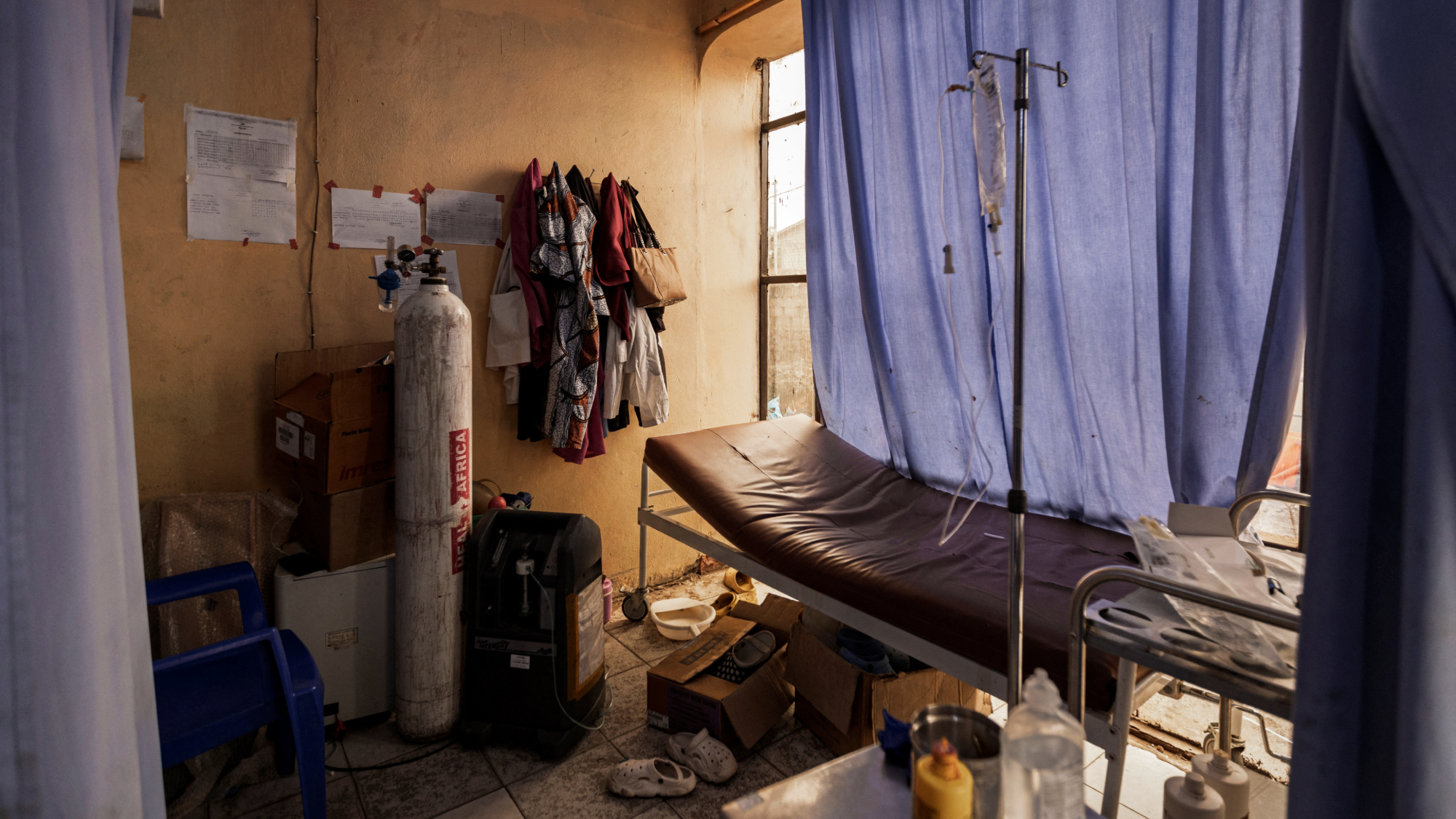 Mystery illness spreading in Congo rapidly kills dozens
Mystery illness spreading in Congo rapidly kills dozensSpeed Read The World Health Organization said 53 people have died in an outbreak that originated in a village where three children ate a bat carcass
-
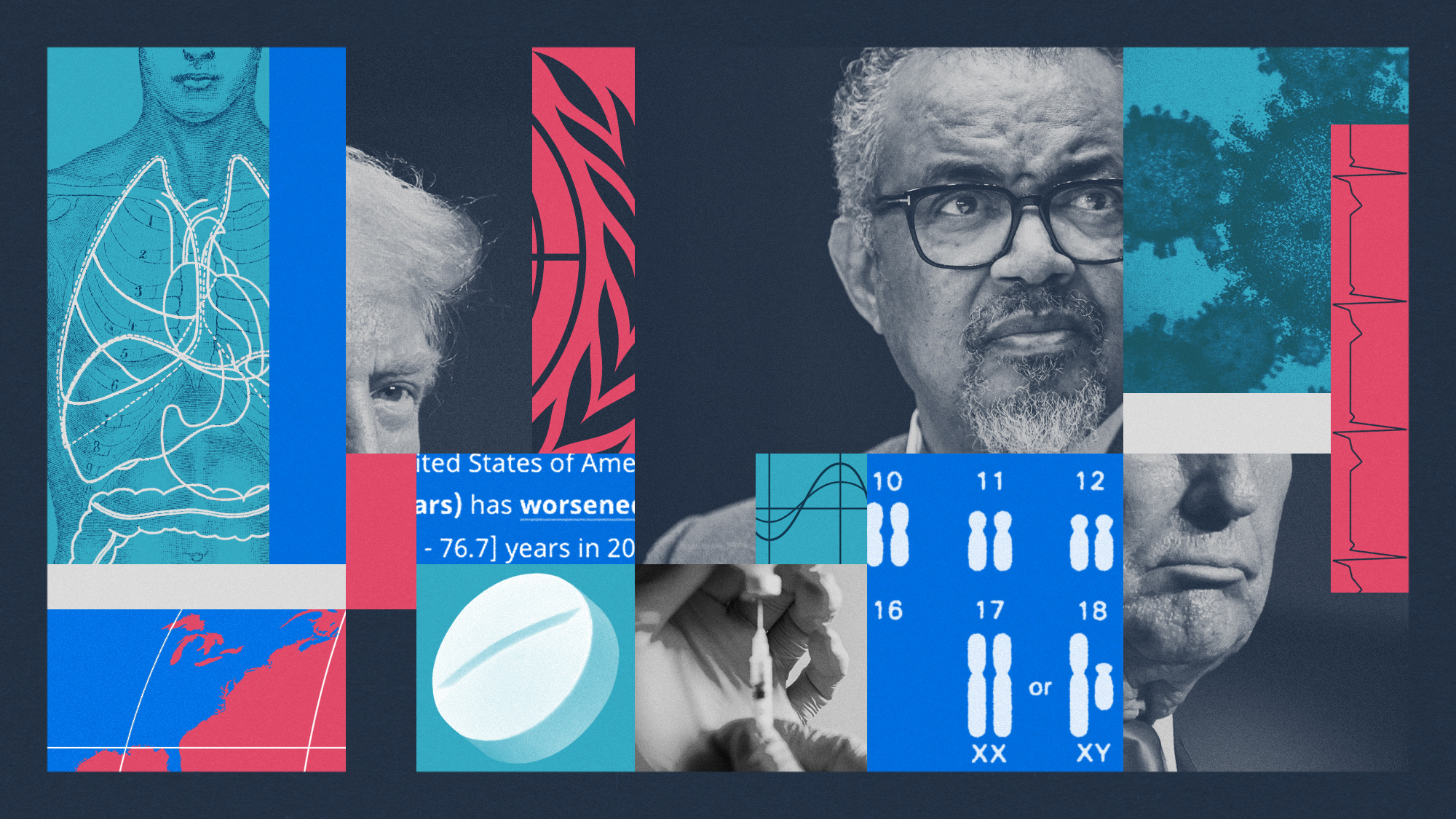 America is leaving WHO. What does that mean for public health?
America is leaving WHO. What does that mean for public health?Today's Big Question Trump orders the withdrawal
-
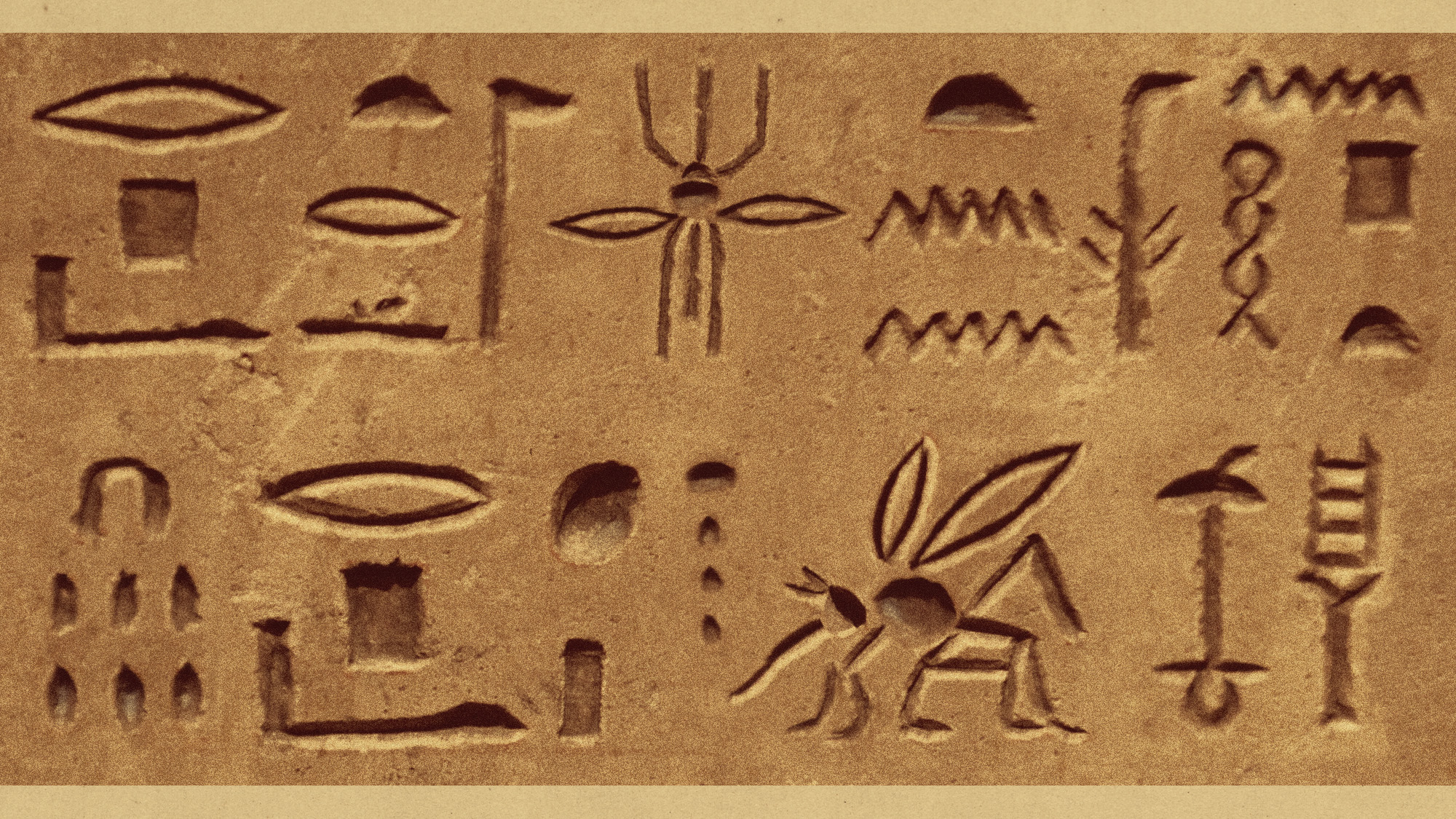 No more bugging: how Egypt became certified malaria-free
No more bugging: how Egypt became certified malaria-freeUnder the radar It was a century-long effort
-
 Baby food is not as healthy as it should be
Baby food is not as healthy as it should beUnder the Radar Labels are leaving things out. And brands are highlighting only what they want to.
-
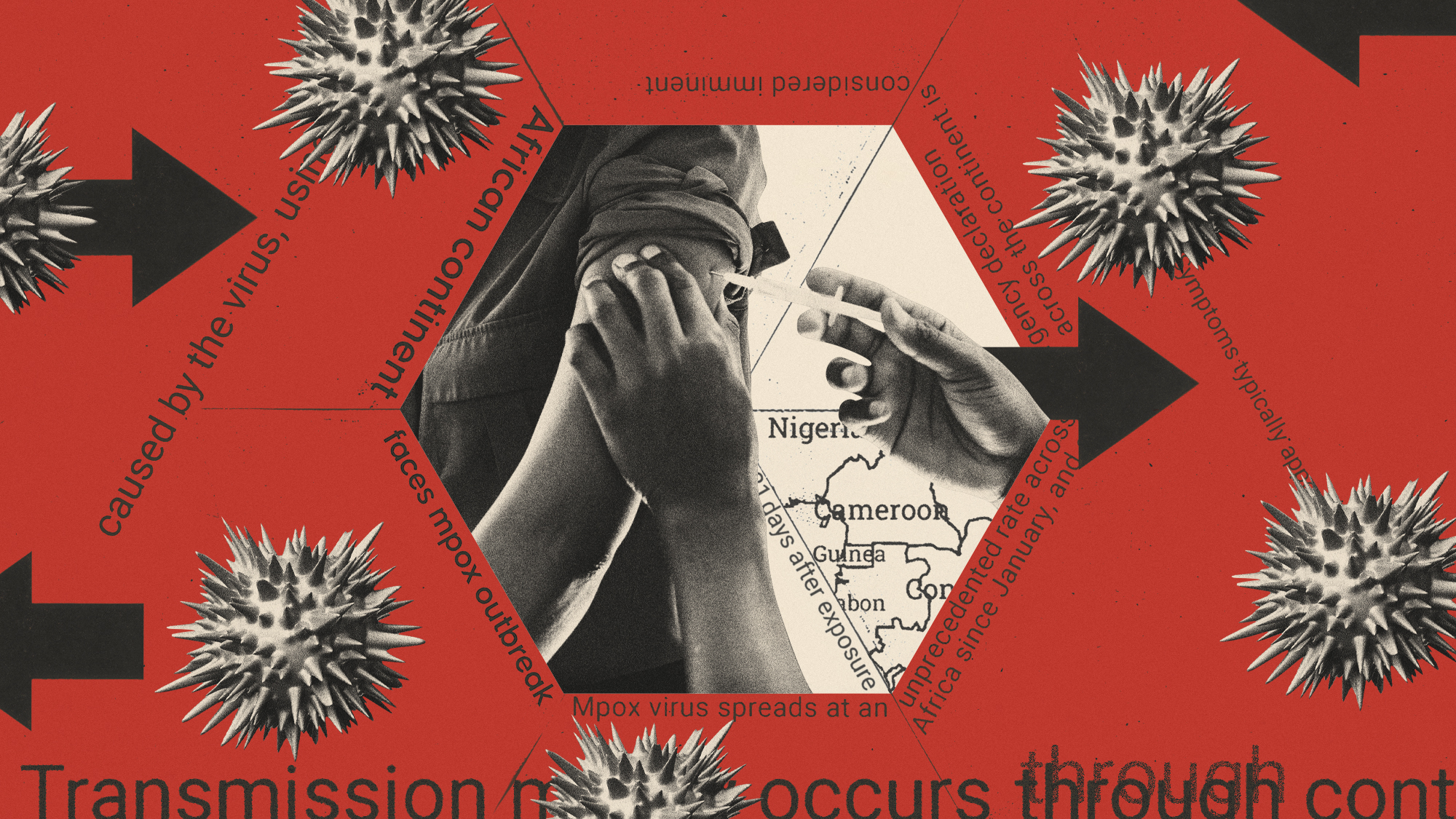 Mpox: how dangerous is new health emergency?
Mpox: how dangerous is new health emergency?Today's Big Question Spread of potentially deadly sub-variant more like early days of HIV than Covid, say scientists
-
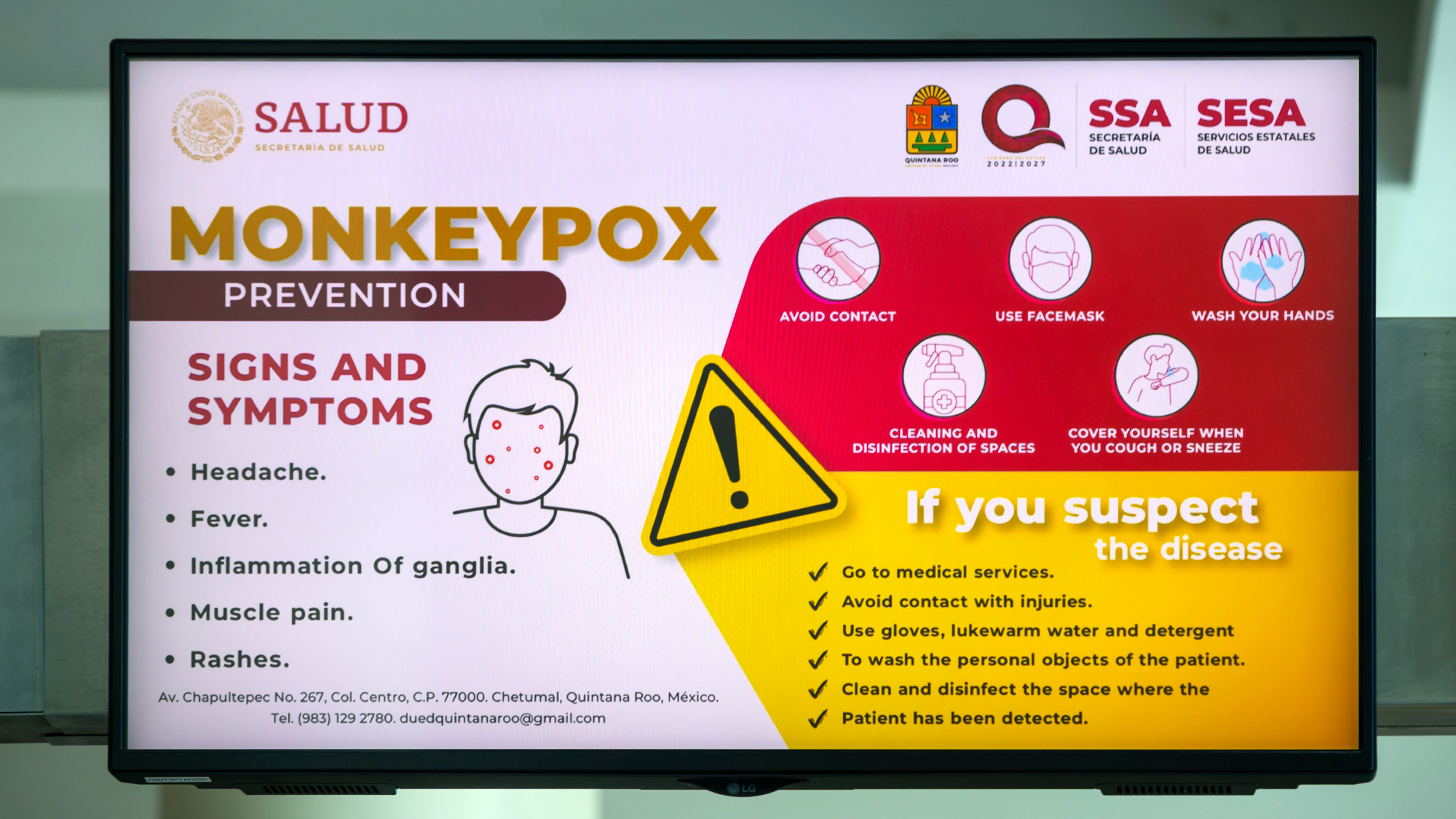 WHO declares mpox a global health emergency
WHO declares mpox a global health emergencySpeed Read An outbreak of the viral disease formerly known as monkeypox continues to spread in Africa
-
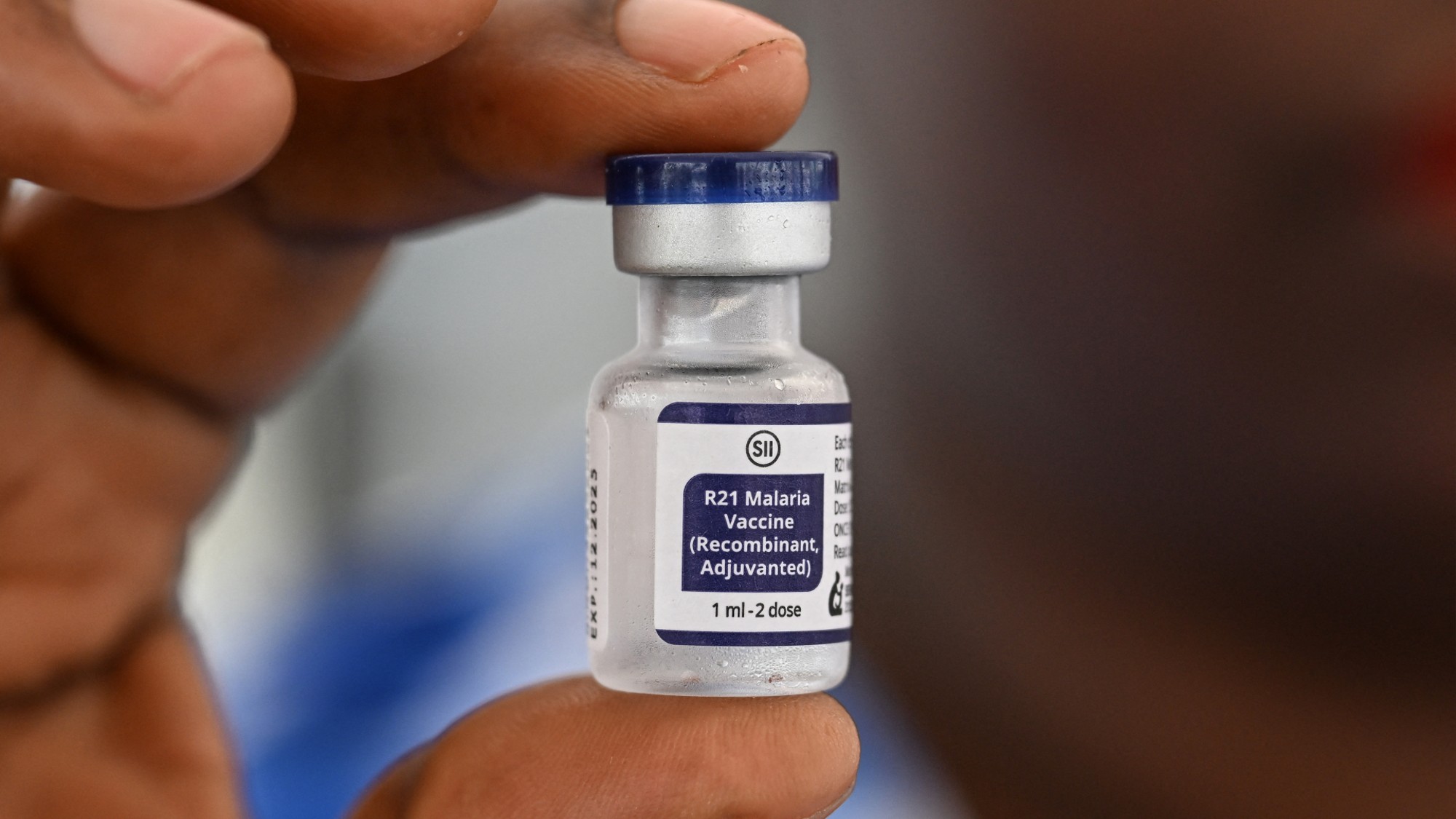 Have we defeated malaria?
Have we defeated malaria?The Explainer Roll-out of low-cost vaccine means a world free from disease that claims 600,000 lives a year 'finally within sight'